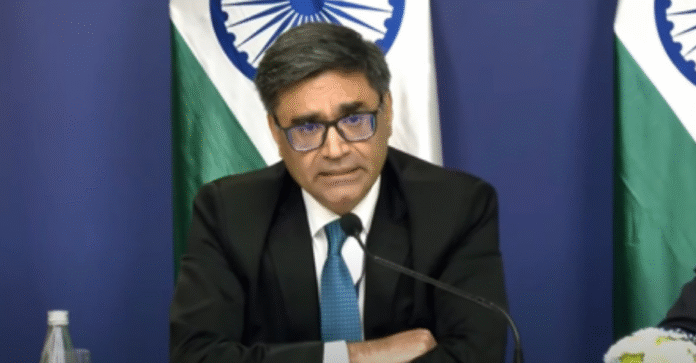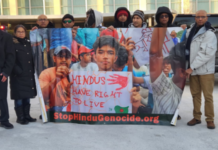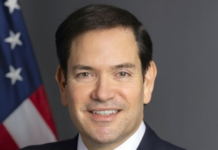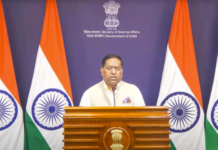NEW DELHI– Prime Minister Narendra Modi and his British counterpart, Keir Starmer, revisited the issue of Khalistani extremism during their meeting in Mumbai on Thursday, Foreign Secretary Vikram Misri said.
Addressing a special media briefing on Starmer’s visit to India, Misri stated that Modi emphasized the importance of taking firm legal action against radicalism and violent extremism, noting that such ideologies have no place in democratic societies. Modi also expressed condolences for the recent attack near a synagogue in Manchester.
When asked whether the Khalistan issue was raised during the talks, Misri confirmed it was. “Yes, it is a subject that had come up in the discussions in July. It was flagged again during today’s discussions. The Prime Minister emphasized that radicalism and violent extremism have no space in democratic societies and, in particular, should not be allowed to abuse the freedoms provided by democratic systems. There is a need to move against them within the legal frameworks available to both sides,” Misri said.
Modi also reiterated his sympathies over the Manchester synagogue attack, calling it a tragic incident.
India has repeatedly voiced concerns over the activities of Khalistani extremists in the United Kingdom. Earlier this year, protesters disrupted an event at Chatham House in London, where External Affairs Minister S. Jaishankar was speaking. A video of a demonstrator rushing toward Jaishankar’s vehicle went viral, highlighting a significant security lapse.
In March 2023, New Delhi lodged a strong protest after Khalistani activists vandalized the Indian High Commission in London. The Ministry of External Affairs demanded an explanation from British authorities for the absence of security that allowed protesters to breach the compound.
During Thursday’s meeting, Modi and Starmer jointly condemned terrorism and violent extremism in all forms. A joint statement issued afterward called for “zero tolerance for terrorism” and urged coordinated international efforts to combat it in accordance with the United Nations Charter and international law.
The two leaders also pledged to counter radicalization, disrupt terror financing, prevent the misuse of emerging technologies by terrorists, and strengthen cooperation in intelligence sharing, judicial processes, and capacity building.
They further condemned the April 2025 terrorist attack in Pahalgam, Jammu and Kashmir, and committed to taking “decisive and concerted action” against globally proscribed terrorists and their sponsors. (Source: IANS)














